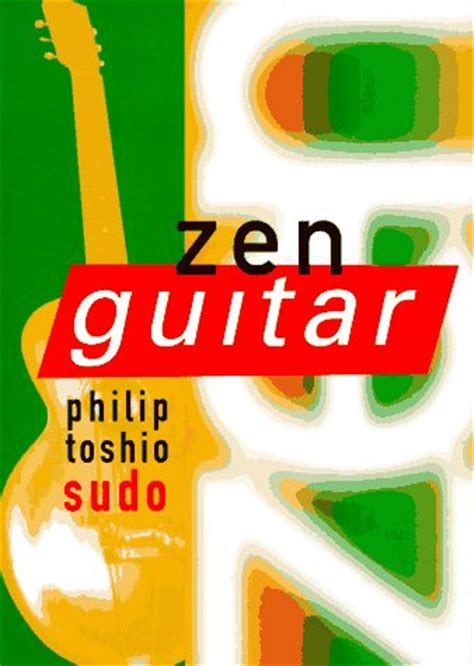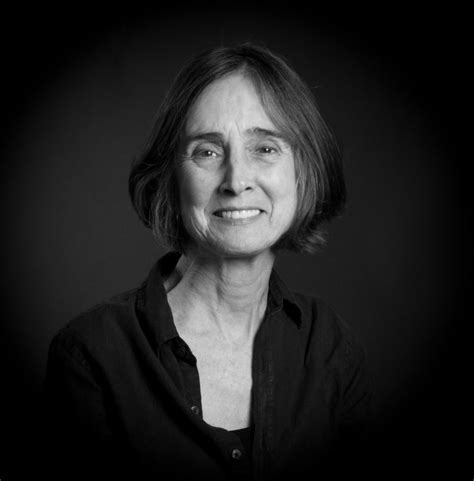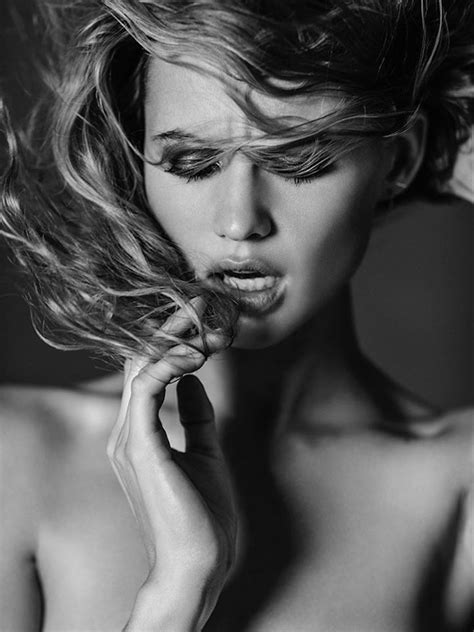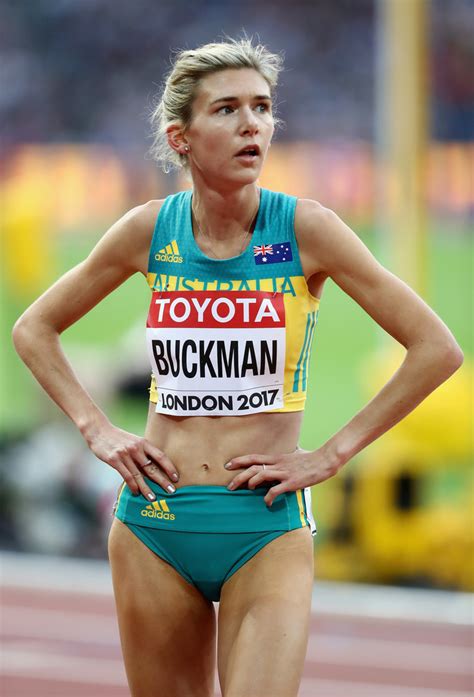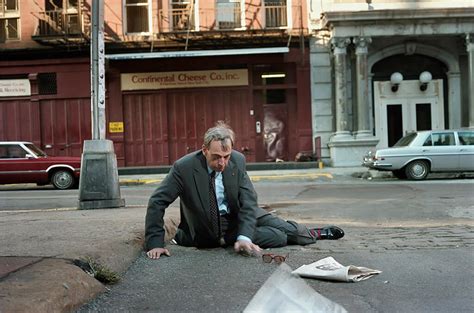A Quote by Philip Toshio Sudo
When you play guitar you are drawing a frame around a moment and saying to the listener, 'Here is how I want you to experience this. How you begin and end a solo is framing, How you structure a song is framing, how you present yourself onstage is framing. See every corner, not just the center, framing should heighten the impact of the art and give clarity to your vision.
Related Quotes
I was thinking about framing, and how so much of what we think about our lives and our personal histories revolves around how we frame it. The lens we see it through, or the way we tell our own stories. We mythologize ourselves. So I was thinking about Persephone's story, and how different it would be if you told it only from the perspective of Hades. Same story, but it would probably be unrecognizable. Demeter's would be about loss and devastation. Hades's would be about love.
Why is nobody questioning the sanity or suicidal tendencies of Everest ascenders? It's kind of a question of framing: How do you frame these activities? We frame them as freedom-loving, exciting, progressing sports and they are. But there are other ways to frame it. It's also true that these young men, neurologists say that their frontal lobes aren't developed yet - the long-term planning part of the brain.
Composition is what's similar between being photographer and director. As a photographer, you're sort of doing everything - you're directing the lights and you're framing and you're moving around. The hardest thing to learn as a director is how cameras have to move. You have to have patience, you have to learn how to look through the lens and then you have to learn to combine all of the compartments into one great image.
What I think is great about Pippin, specifically, and I wouldn't make this generalization about all musicals, is that it is about how we tell stories and the way stories are very subjective. How we tell some things and leave other things out in the way The Princess Bride is or The Wizard of Oz is, which both have a framing device.
